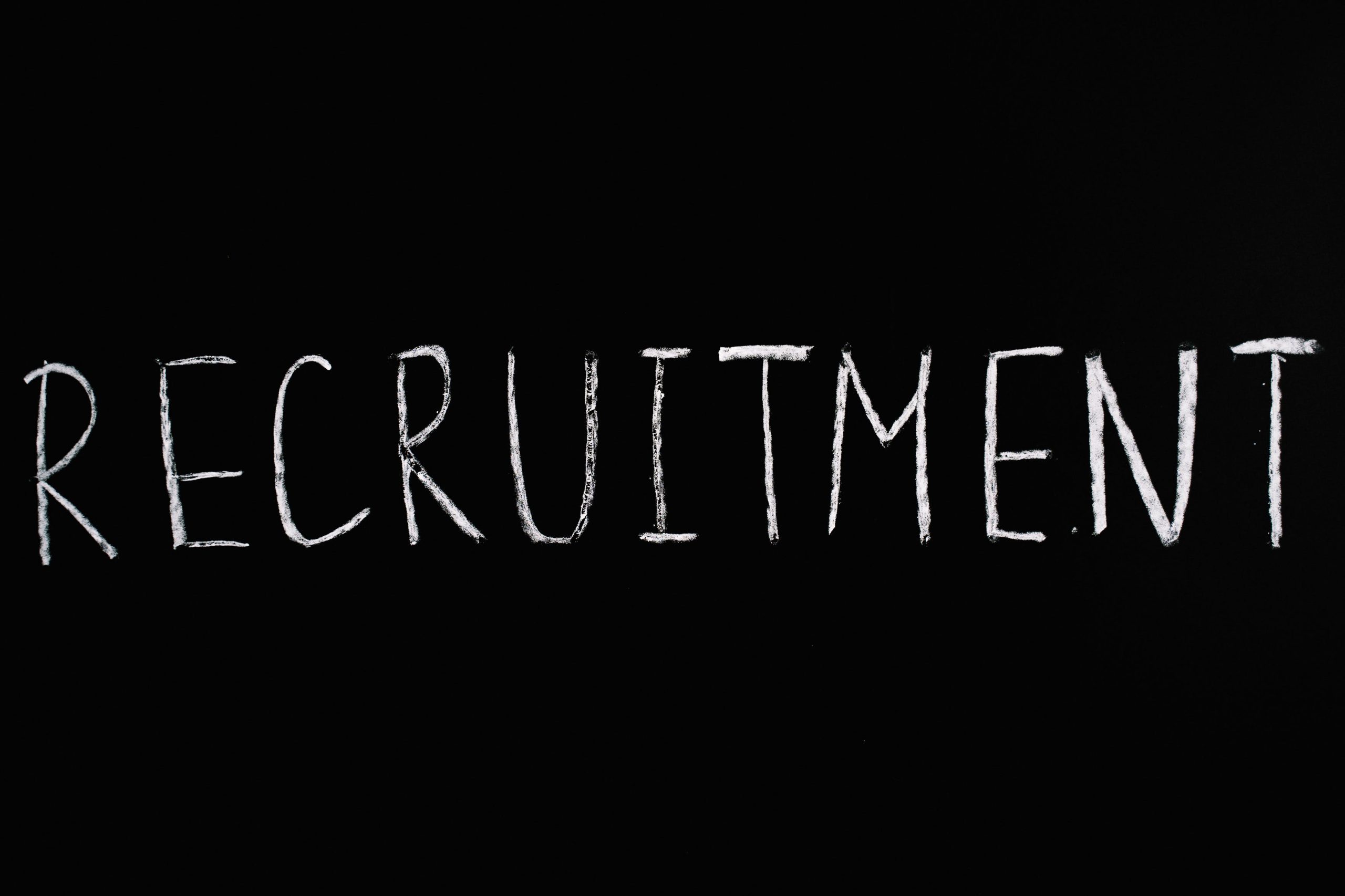The recruitment industry is always evolving, driven by technological advancements, changes in society, and the dynamic nature of the global work force. In this fast paced landscape, staying abreast of the latest trends is crucial for both recruiters and job seekers. Let’s delve into some of the top trends in the recruitment industry.
Artificial Intelligence (AI) and Automation
AI and automation have become integral parts of the recruitment process. From resume checking to chatbot based interviews, this tech helps streamline operations, saving time and improving efficiency. AI algorithms analyze vast amounts of data to identify top candidates, helping recruiters make more informed decisions.
Virtual and Augmented Reality (VR/AR) in Recruitment
These are beginning to change the candidate experience. Virtual job fairs, immersive office tours, and AR-enhanced skill tests are becoming common practices. This tech does not only attract tech savvy candidates but also provide a more engaging and realistic preview of workplace culture.
Diversity, Equity, and Inclusion (DEI)
Diversity and inclusion have moved beyond buzz words to become critical aspects of the recruitment process. Companies are actively incorporating DEI initiatives into their hiring strategies, recognizing the importance of a diverse work force. From blind recruitment processes to inclusive language in job posts, organizations are trying to create more equal opportunities.
Remote Work and Hybrid Models
The COVID-19 period sped up the shift towards remote work, and it has now become a permanent feature for many organizations. Recruiters now adapt to this change by developing strategies to assess candidates’ suitability for remote roles and navigating the challenges linked with building effective virtual teams.
Upskilling and Reskilling
One of the top trends in the recruitment industry. The rapid pace of the change in technology has led to a bigger focus on up skilling and re skilling initiatives. Recruiters are looking for candidates with a growth mindset and a willingness to adapt to new technologies. Companies are investing in training programs to ensure their work force remains relevant in the face of ever changing job requirements.
Data-Driven Decision Making
Recruitment analytics are playing a pivotal role in decision making processes. Data-driven findings enable recruiters to measure the effectiveness of their strategies, identify areas for improvement, and make more informed choices. Predictive analytics also help to foresee future hiring needs and understanding market trends.
Gig Economy Integration
The gig economy continues to grow, and recruiters are incorporating flexible work arrangements into their talent acquisition strategies. Platforms that connect employers with freelancers or part time workers are gaining popularity, giving companies access to a broader talent pool.
Personalization in Candidate Experience
Tailoring the recruitment process to the individual needs of candidates is gaining prominence. Personalized communication, feedback, and a transparent hiring process contribute to a positive candidate experience. Companies that prioritize this aspect are more likely to attract and retain top talent.
Conclusion
In a rapidly evolving job market, recruitment professionals must stay ahead of the curve to remain effective. Embracing technological innovations, diversity, adapting to remote work trends, and prioritizing candidate experience are key strategies for success in the dynamic scene of the recruitment industry. As we move forward, it’s important for recruiters to be agile and responsive, using the latest trends to attract, engage, and retain top talent in the ever changing world of work. These have been the top trends in the recruitment industry.







